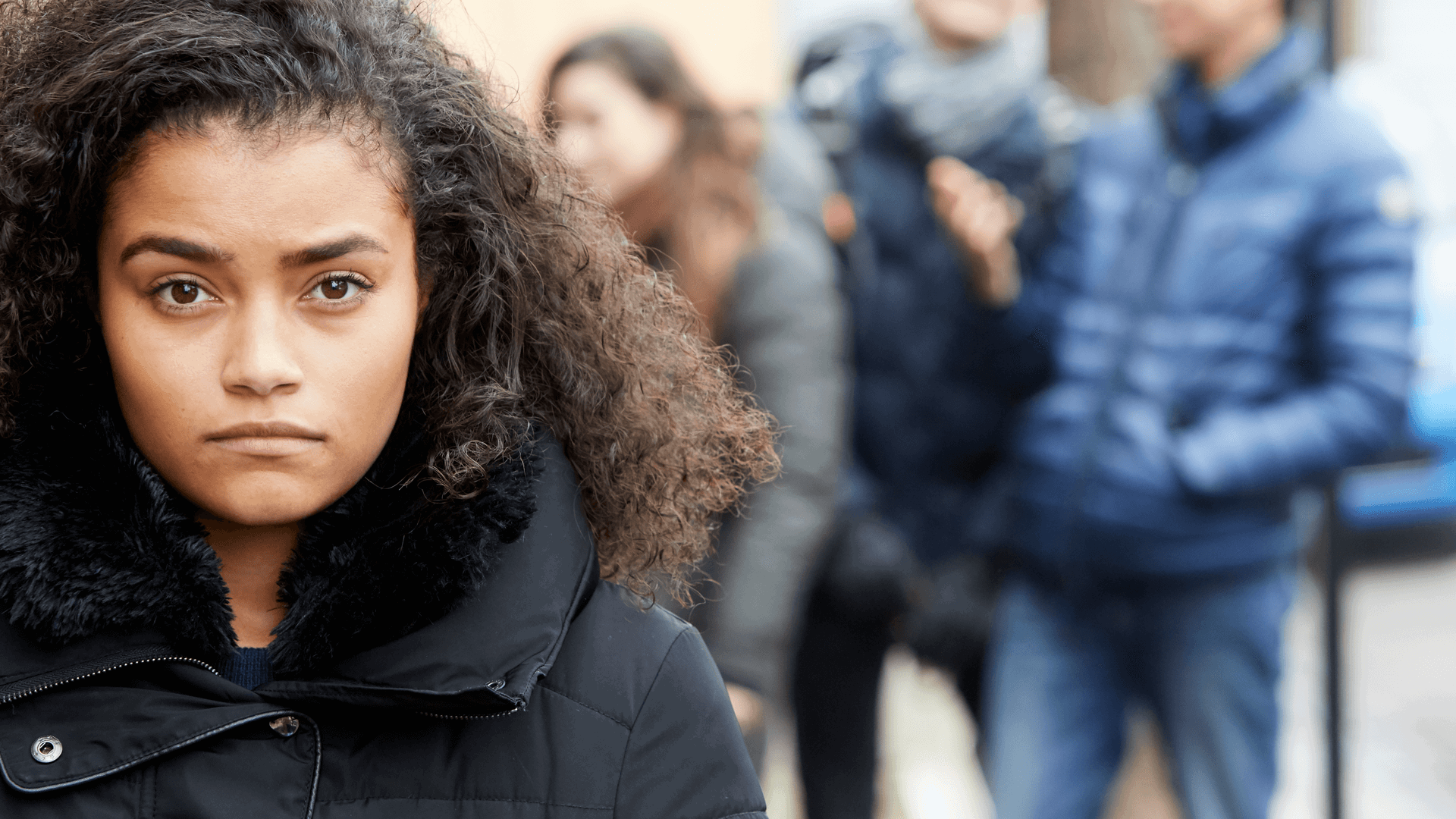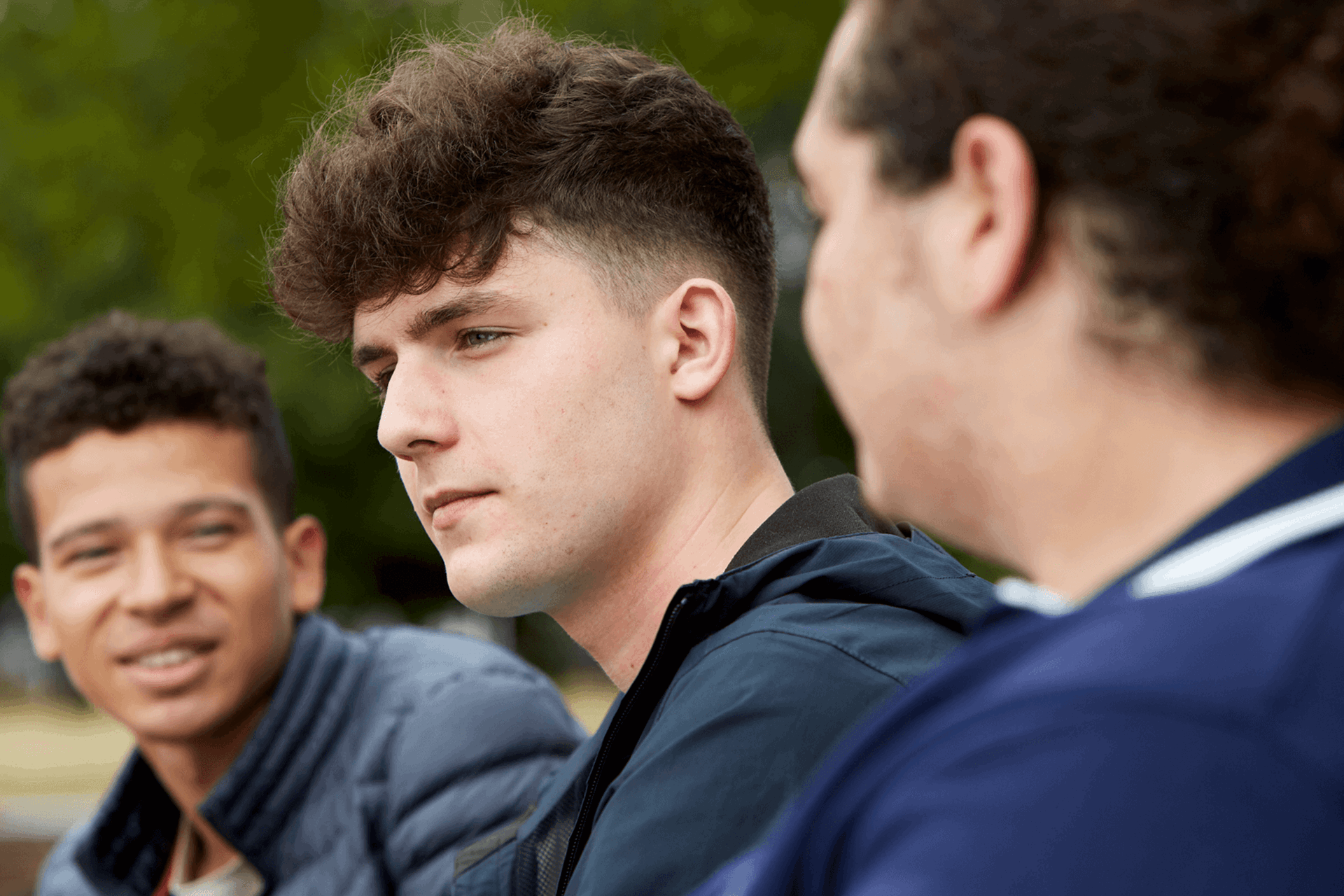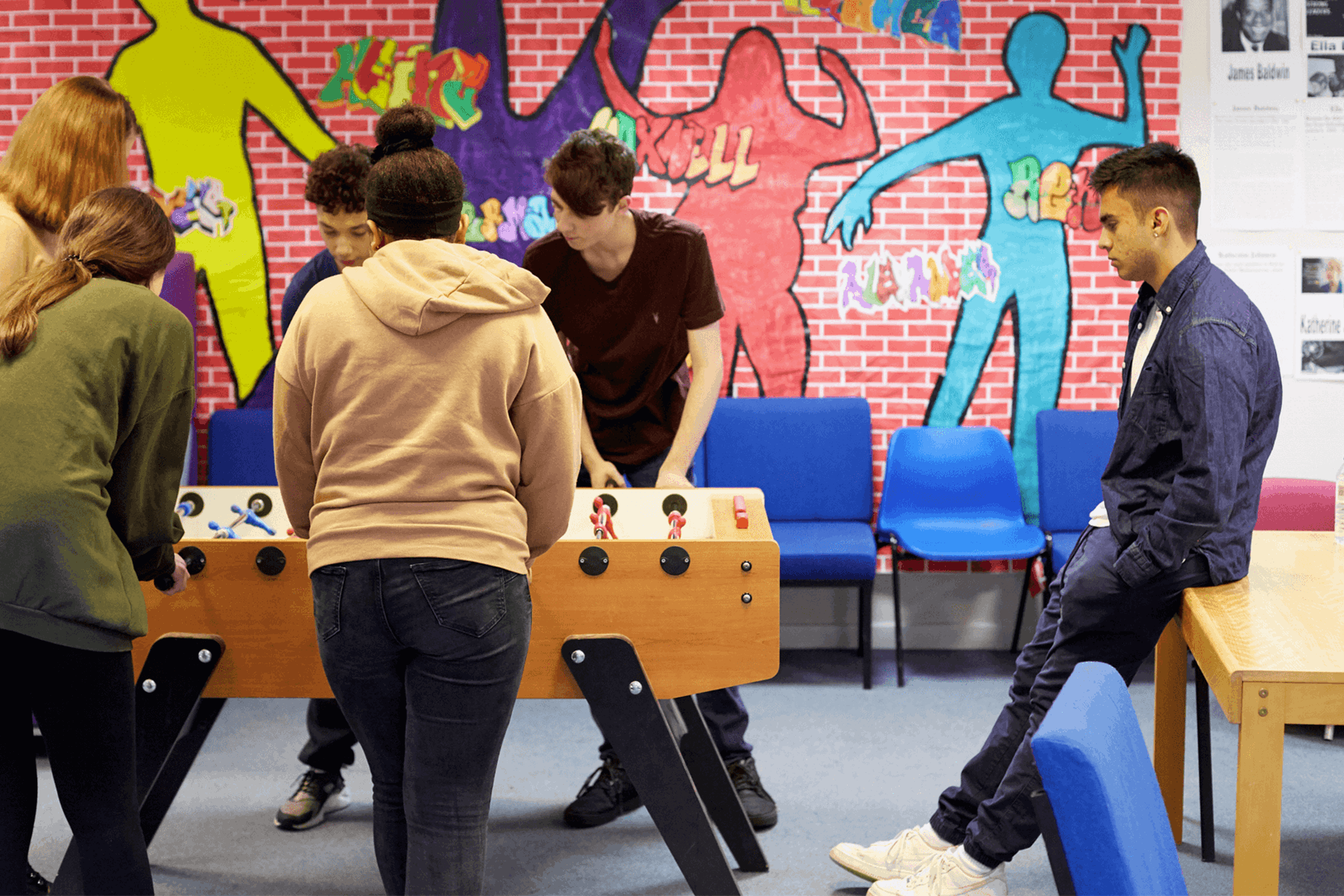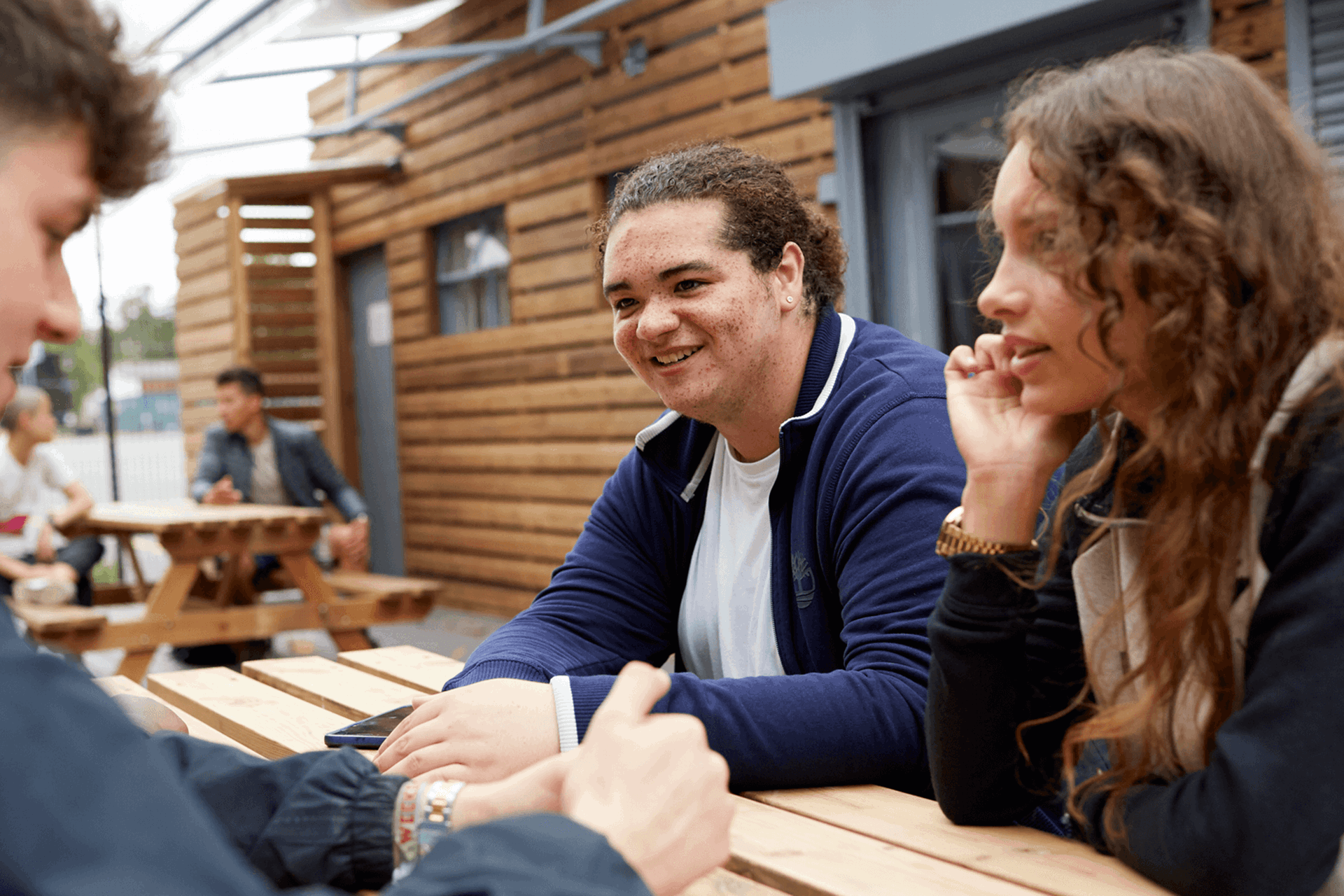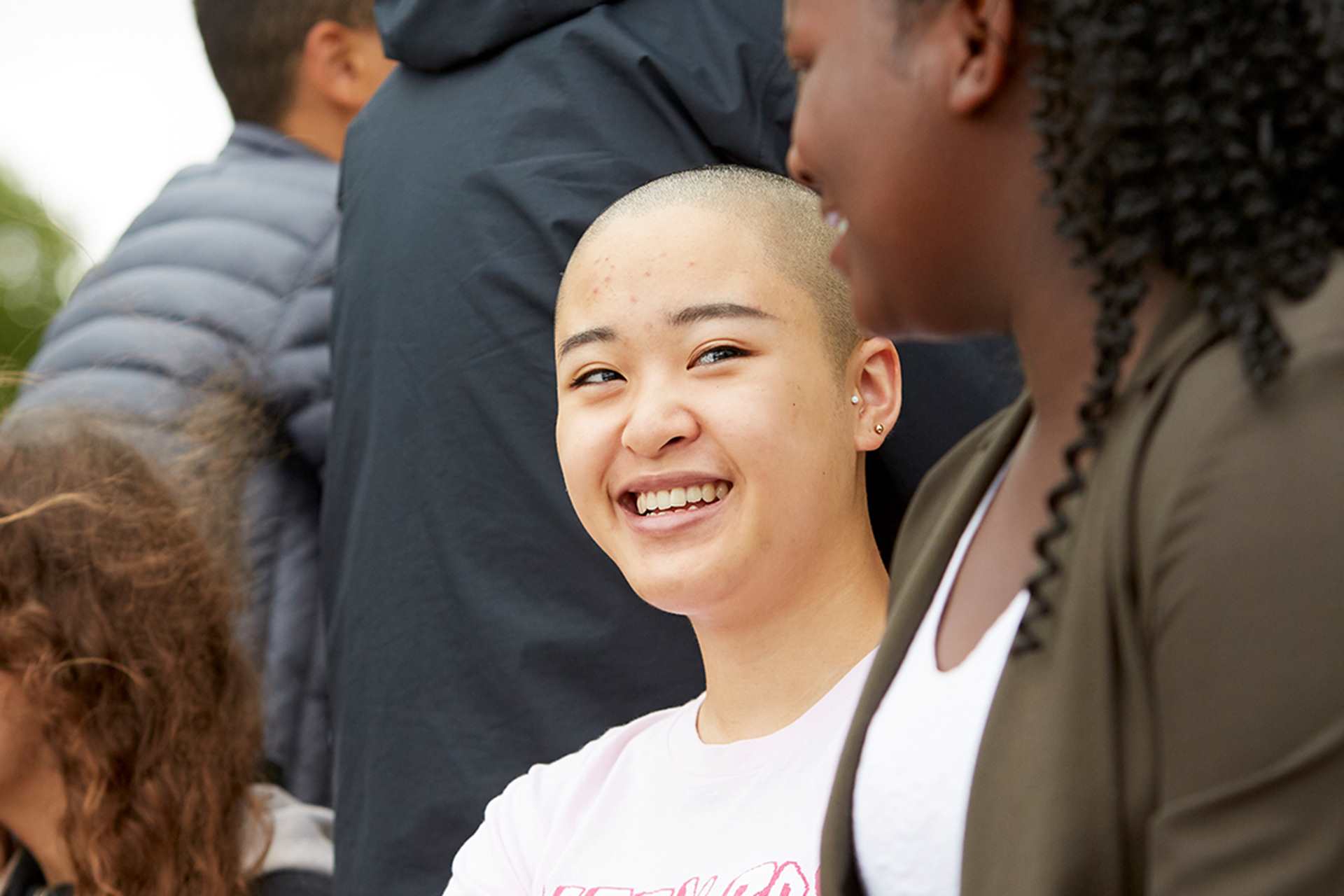Topics mentioned: sexuality and mental health, anxiety, self-esteem, friends, family
About: Our Activist Imogen talks about her experiences of coming out as gay to different people and the impact it has had on her mental health.
I had - as I'm sure lots of people do - a lot of internalised homophobia and I struggled with powerful moments of self-loathing that I'd never encountered before.
I've been out(ish) since I was fourteen - that's four years now. I've had a lot of confusion over how I identify, so I've experienced a variety of reactions. In general people are more relaxed about me saying I'm bisexual than when I say I'm gay.
Coming to terms with my sexuality for myself was much harder than coming out to other people. I didn't really get the slow realisation that people associate with realising you're gay. I was asked out by my girlfriend and I said yes. I didn't really think about what that meant for my sexuality until quite a while later.
It was hard for a while. I had - as I'm sure lots of people do - a lot of internalised homophobia and I struggled with powerful moments of self-loathing that I'd never encountered before. That attacked my already low self-esteem. It got better eventually, which was immeasurably helped by the positive reactions I got when I came out to others. All of my friends were supportive, and it didn't matter to them.
For me, one of the hardest things about being gay and having a mental illness is the need to come out to pretty much every mental health professional I've spoken to.
Coming out is a process
I think the big mistake people make when they talk about coming out is that they don't get that it's a process, not a single event. I came out to my friends differently than my parents. There are plenty of people in my life who I'm still not out to. Even much later in life when I'm out to almost everyone, I'll still be meeting new people who I have to come out to like it's the first time.
For me, one of the hardest things about being gay and having a mental illness is the need to come out to pretty much every mental health professional I've spoken to. My girlfriend is a big part of my life and they would be missing a massive amount of context if I didn't say anything.
There is always that fear that a professional will react badly. I know that most of them will be completely fine about it but I'm never completely sure, which adds an additional layer of nervousness to an already stressful experience.
My sexuality has affected my mental health, but not necessarily in a negative way. I've had a supportive relationship with a person who's become my best friend.
LGBTQ+ role models and community
One of the most validating things I learnt to do is seek out positive role models on YouTube. My favourite is a pair of female YouTubers called Rose and Rosie. Rose has OCD, and listening to her talk about her experience with it is very similar to my own struggles with anxiety.
It's novel to see a gay person with a mental illness be happy. Much of the portrayal of LGBT+ people in the media focuses on the challenges of being part of the community. While that is important and useful, it is nice to see that being gay doesn't automatically lead to a life of misery.
My sexuality has affected my mental health, but not necessarily in a negative way. I've had a supportive relationship with a person who's become my best friend. I'm also part of a community that has significant resources to help people come to terms with their sexuality and the effects that might have. I've found social media sites like Facebook and Tumblr to be incredibly useful in connecting me with people who've been through similar things.
Being gay doesn't mean you're inevitably going to be mentally ill, or even that an existing illness may be made worse.
Being gay doesn't mean you're inevitably going to be mentally ill, or even that an existing illness may be made worse. But there are specific experiences unique to the LGBT community that affect how we engage with services and our own mental health. I would love to not be scared of coming out to professionals. But I'm not there yet. There's always more to do.
Where to get help
Whatever you're struggling with and however you're feeling, you are not alone.
Where to get help
However you're feeling, there are people who can help you if you are struggling. Here are some services that can support you.
-
MindOut
A mental health service run by and for lesbians, gay, bisexual, trans and queer people with experience of mental health issues.
Instant web chat service also available (hours vary).
Runs in-person peer support groups in Brighton.
-
Switchboard
Offers confidential support and advice to members of the LGBT+ community.
Free webchat service also available.
- Opening times:
- 10am - 10pm, 365 days a year
